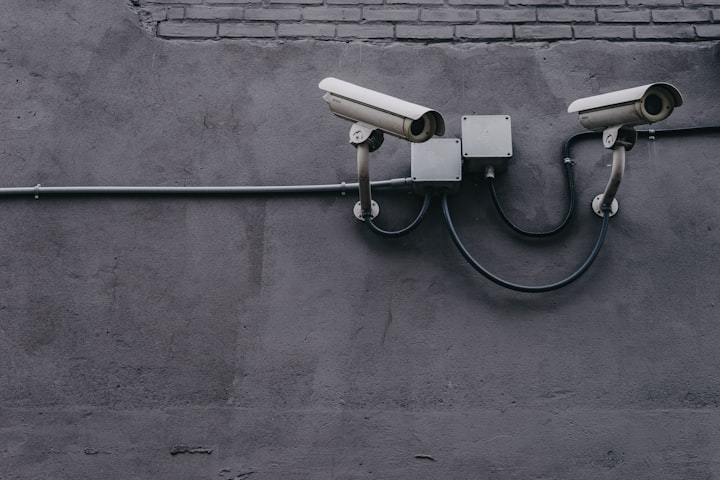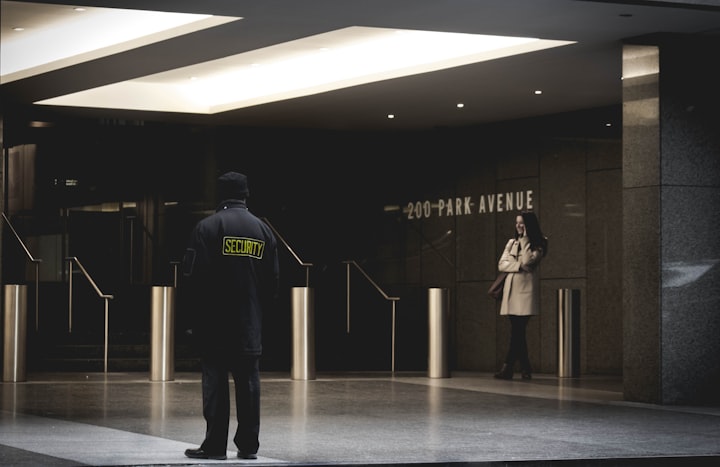Why your business should still take physical security seriously.
If your business is both on and offline, physical security is just as important as online security.

COVID19 has really thrown a spotlight on cybersecurity. This has been valuable. It does, however, seem to have overshadowed the importance of physical security.
If you are maintaining any sort of physical presence anywhere, then physical security skill matters. To explain further why physical security still matters, Business Development Executive; Lucinda Thorpe at Newgate, shares her insight into the world of physical security.
Effective risk assessments
Risk assessments have never been one-time exercises. Over the immediate future, however, they may need to be undertaken even more frequently. Firstly, the COVID19 landscape is still in flux. Each change to rules and practices may bring different risks.
Secondly, the immediate post-COVID19 period is also likely to be a period of transition. This is likely to be compounded by Brexit. For example, it seems fair to assume that many companies are going to have to work out where remote working fits into the “new normal”.
If remote working is widely adopted (as seems very likely), then office buildings could become much emptier. This could create the need for extra security precautions to protect the remaining staff and the buildings themselves.
Perimeter management
One of the most basic principles of security is to stop trouble before it can start. Effective perimeter management is vital to making this happen. What this is going to mean in practice will depend on your location and industry. As a rule of thumb, however, you should do everything you can to control initial access to your business premises.
In some cases, that’s going to mean walls and security gates. In others, it’s going to mean security doors and shutters when the building is closed. In others, it’s going to mean effective demarcation of public and private areas, enforced with strict access controls. In all cases, however, you should invest everything you can in protecting your perimeter.

Remote-monitoring
Remote-monitored security equipment may carry a higher price tag than its manual counterpart. It is, however, generally both far more efficient and far more cost-effective. For example, using remote-monitored security gates removes the need to have staff physically at the gates.
Similarly, remote-monitored CCTV cameras make it possible to see events in progress. This gives you the opportunity to interrupt them. Preventing, or at least limiting damage is a vast improvement over checking CCTV tapes after it has happened. Even if the intruders are caught, you’re still likely to be left to deal with the consequences of their actions.
Access control/visitor management
Visitor management is, effectively, a specific part of access control. If there is any one part of security which will need to be updated post-COVID19, this is likely to be it. Right now, in most offices, individuals are generally classed as either “staff” or “visitors”. Staff may have varying levels of access rights, but they will typically have a far higher level of access than visitors.
Visitors may have no access rights at all. This is, however, usually due to the use of antiquated systems rather than mindful intention. Paper visitor badges are low-tech and affordable, but they require visitors to have staff escort them everywhere. In the real world, this can be a major security vulnerability as the reality is that staff will often just lend visitors their badges.
Post-COVID19, there may need to be at least one “midway” category to accommodate flexible workers. This might involve giving them the staff-level access rights but only activating them on an as-needed basis. Depending on circumstances, remote employees could either pre-book days in the office or have their cards activated on arrival (or a combination of both).
Similarly, remote work could require a change of approach to visitor management. If fewer employees are on-site then there will be fewer people around to escort visitors from A to B. This means that companies which still use paper visitor badges could struggle to manage visitors without tailgating and badge-sharing.
About the Creator
Lucinda Thorpe
Lucinda Thorpe is the Business Development Executive at Newgate Newark Ltd and is responsible for monitoring market strategies and implementing changes to enhance the companies profile and exposure.






Comments
There are no comments for this story
Be the first to respond and start the conversation.